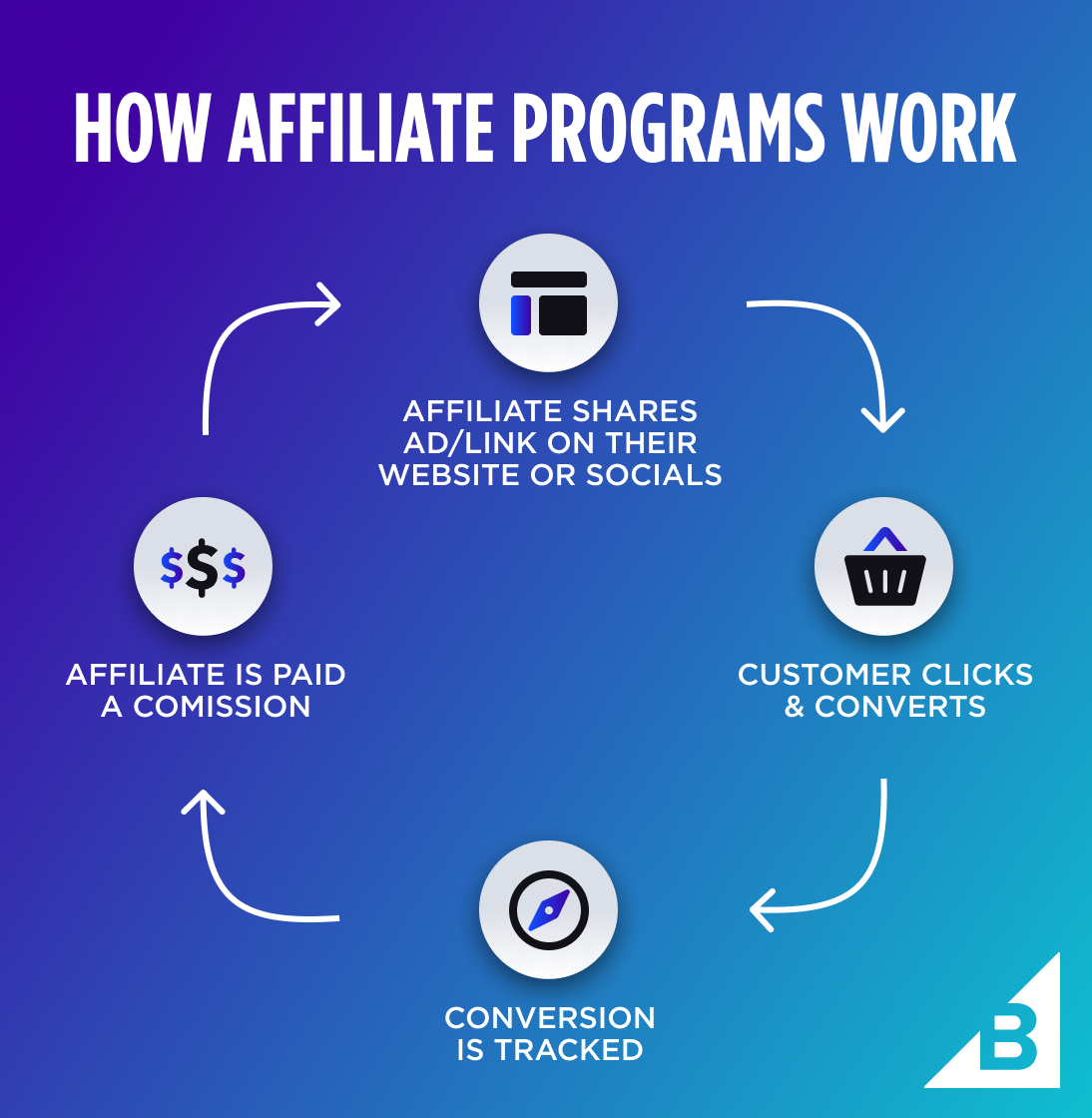In the dynamic world of affiliate marketing, selecting the right affiliate providers is crucial for the success of your online business. As we navigate through 2024, the affiliate marketing landscape continues to evolve, with new trends, technologies, and opportunities emerging. In this comprehensive guide, we explore the key factors to consider when choosing affiliate providers, providing valuable insights and strategies to help you maximize your affiliate marketing efforts and drive revenue growth.
- Define Your Niche and Audience:
Before selecting affiliate providers, it’s essential to define your niche market and target audience. Understanding your audience’s interests, preferences, and purchasing behavior will help you identify relevant products and services to promote. Conduct market research, analyze competitor strategies, and gather insights from your audience to pinpoint niche opportunities and potential affiliate partnerships that align with your brand and audience’s needs.
- Evaluate Product Quality and Reputation:
When choosing affiliate providers, prioritize quality products and reputable brands that resonate with your audience and reflect positively on your brand image. Conduct thorough research into the products or services offered by affiliate providers, assessing factors such as quality, reliability, and customer satisfaction. Look for providers with a track record of delivering high-quality products, excellent customer service, and positive reviews to ensure a positive experience for your audience and maximize conversion rates.
- Assess Commission Structure and Payout Terms:
Commission structure and payout terms are critical considerations when evaluating affiliate providers. Compare commission rates, payment frequency, and payout thresholds across different providers to ensure you’re maximizing your earning potential. Look for providers that offer competitive commission rates and flexible payout options, such as PayPal, direct deposit, or wire transfer. Additionally, consider the terms and conditions related to cookie duration, attribution models, and commission reversals to avoid any potential discrepancies or disputes.
- Review Affiliate Program Policies and Support:
Before partnering with affiliate providers, carefully review their affiliate program policies and terms of service to ensure compliance with your business practices and ethical standards. Look for providers with transparent and fair policies regarding affiliate marketing practices, promotional guidelines, and prohibited activities. Additionally, assess the level of support and resources provided to affiliates, such as dedicated account managers, training materials, and marketing assets, to help you succeed in your affiliate marketing efforts.
- Consider Tracking and Analytics Capabilities:
Effective tracking and analytics capabilities are essential for monitoring performance, optimizing campaigns, and maximizing ROI. Choose affiliate providers that offer robust tracking technology and analytics tools to accurately track conversions, analyze campaign performance, and measure key metrics such as clicks, conversions, and revenue. Look for providers with advanced reporting features, customizable dashboards, and real-time data insights to gain actionable insights and make informed decisions to drive growth.
- Explore Diversification and Partnership Opportunities:
Diversifying your affiliate partnerships and exploring strategic collaborations can help you expand your reach, increase revenue streams, and mitigate risks. Consider partnering with a mix of affiliate providers across different verticals, industries, and geographic regions to diversify your product offerings and target a broader audience. Explore partnership opportunities with complementary brands, influencers, and content creators to leverage their audience and amplify your marketing efforts through co-branded campaigns and joint promotions.
Choosing top affiliate providers in 2024 requires careful consideration of niche relevance, product quality, commission structure, program policies, tracking capabilities, and partnership opportunities. By defining your niche market, evaluating product quality and reputation, assessing commission structure and payout terms, reviewing affiliate program policies and support, considering tracking and analytics capabilities, and exploring diversification and partnership opportunities, you can identify affiliate providers that align with your business goals and audience’s needs. With strategic partnerships and effective affiliate marketing strategies, you can unlock new revenue streams, drive growth, and achieve success in the competitive landscape of affiliate marketing in 2024 and beyond.










